In less than 30 years, we will come to the half-way point of this century and in less than eighty years, the 21st century will end.
By that time, none of us will be presidents and alive.
So when we stand at this podium, we speak of a future that does not belong to us. When we speak of a future with sustainable development, we speak of a better world not for us, but for our grandchildren and their children.
And the decisions we make today, the actions we take each day, are what determine what kind of future we are creating for them.
It is, therefore, not good enough to say that we must rebuild trust in the world when we continue making decisions that undermine trust.
It is not good enough to say that we want to reignite global solidarity when we continue to pick and choose whom we show solidarity with.
It is not good enough to say we want to move towards peace, when our actions in other nations promote war and create the conditions for conflict.
It is not good enough to say we want prosperity for all, when our rules for trade and our financial systems are a recipe for deepening the poverty of other nations.
Without changing our decisions, positions and actions, the future we speak of today and the sustainable development we dream of achieving by 2030 will remain a reality only on paper.
When it comes to urgent action, we must focus our attention, energies and resources on the areas where we are falling behind. We must prioritise those places in the world that are most at risk of not achieving sustainability in any of the 17 SDGs.
In Malawi, the most pressing priorities are plain to see. As a nation, we took the SDGs and aligned our national aspirations to reflect them.
So even though we have our sights set on the Malawi 2063 Vision, we also created an Implementation Plan for the first 10 years that coincides with the Decade of Action on SDGs in the context of Agenda 2030.
And our focus has already started yielding fruit because in the past few years we have stayed on track with our quest to end hunger in line with SDG2, to safeguard the good health and well-being of our citizens in line with SDG3, to improve quality of education in line with SDG4, to leverage Malawi’s abundant water resources for better sanitation in line with SDG6 and to promote life below water in line with SDG14.
Now, while we celebrate the progress we have made on these goals, with seven years to go, we are not satisfied with seeing progress on only five of the 17 goals.
In fact, not only do we need support with making gains in the areas where we are seeing little, but we even need urgent support to safeguard the gains we have made in the areas where we are doing well.
In short, we need urgent support in building resilience to inoculate our economy against the adverse effects of shocks.
In the 12 months since the last time I stood here, Malawi has had the worst cholera outbreak in its history, killing more people than Covid-19, a consequence of the contamination our water bodies and systems suffered when cyclones Ana and Gombe hit us.
In that time, Malawi has also had a drought in the Northern Region, resulting in the loss of half of our maize and 80 percent of our rice in [Karonga] one of the most productive districts in our country.
In that time, Malawi has also come under assault by the worst Cyclone on record, as Freddy made landfall twice and left a trail of death and destruction, killing over a thousand, displacing over half a million, and washing away homes, roads, bridges, businesses, and fields of crops that are a source of livelihood for over two million people.
So when I say that our SDGs are under threat, the threat is real and is already here. What Malawi needs, therefore, is decision and action.
We need decision and action on the climate financing that has thus far been nothing more than a promissory note from the developed countries responsible for resourcing our efforts for mitigation, adaptation, and most urgently, loss and damage.
We need decision and action on debt, for like most Least Developed Countries, Malawi is in distress because its debt is unsustainable, and so our call to action on behalf of all LDCs on this matter remains the same: Cancel the debts! Cancel the debts! Cancel the debts!
As a family of nations, we have already lost two years of progress during the Decade of Action due to the economic shutdowns to contain Covid-19.
If you want the global economy to regain that lost ground, you must cancel the Debts. We have lost another two years of progress during this Decade of Action due to economic disruptions caused by the war in Eastern Europe, and if you want to see LDCs catch up on SDGs, you must Cancel the Debts. That’s a decision you can make today and action you can take that would breathe oxygen into the suffocating economies of the Global South.
That’s a decision you can make today so that the money being drained by servicing debts can go towards rebuilding roads, schools, hospitals, businesses and livelihoods. For Malawi’s part, we are committed to continue implementing reforms and policies aimed at building economic resilience against shocks.
We are committed to continue engaging the UN and our development partners in mobilising international support that goes beyond disaster management and seeks to build sustainability.
We are committed to continue banging on the doors of financial institutions that remain too slow, unresponsive and rigid to address the existing financing gaps in the programmes we have for achieving SDGs.
We are committed to the principles of the UN Charter and a rules-based international system so long as we have the power to change the rules that have worked against us and held back our development for decades.
This is why Malawi strongly advocates for radical reform in the UN Security Council itself, whose very structure undermines the values of democracy, inclusivity, accountability, and trust.
It is no accident that at this 78th Session of the UN General Assembly focused on rebuilding trust and solidarity, only one Head of State from the permanent members of the UN Security Council showed up.
That is not how you build trust. That is not how you show solidarity. That is not accountability, and that is not leadership.
As such, I believe President Joe Biden said it so well here, and Malawi joins the US in insisting that Africa must have permanent seats with veto power on the UN Security Council because without that level of inclusivity, rebuilding trust and reigniting global solidarity will be a challenge.
One of the reasons we need a reformed UN is that we need a new development paradigm beyond 2030 that takes on board the interests of the developing world in the spirit of true partnership.
We need a new paradigm that establishes effective carbon markets to empower developing nations like Malawi with the resources necessary for achieving sustainability and implementing their National Adaptation Plans.
We need a new paradigm that builds each continent’s capacity to tackle future pandemics, including vaccine manufacturing capabilities and proactive pandemic preparedness. Most importantly, we need a new paradigm that unleashes the full potential of our youth and puts them in the driving seat of the vehicles we are using to reach our SDG targets, for the future we are chasing after is theirs, not ours.
This is an abridged version of Malawi’s statement presented at the UN General Assembly in New York last week


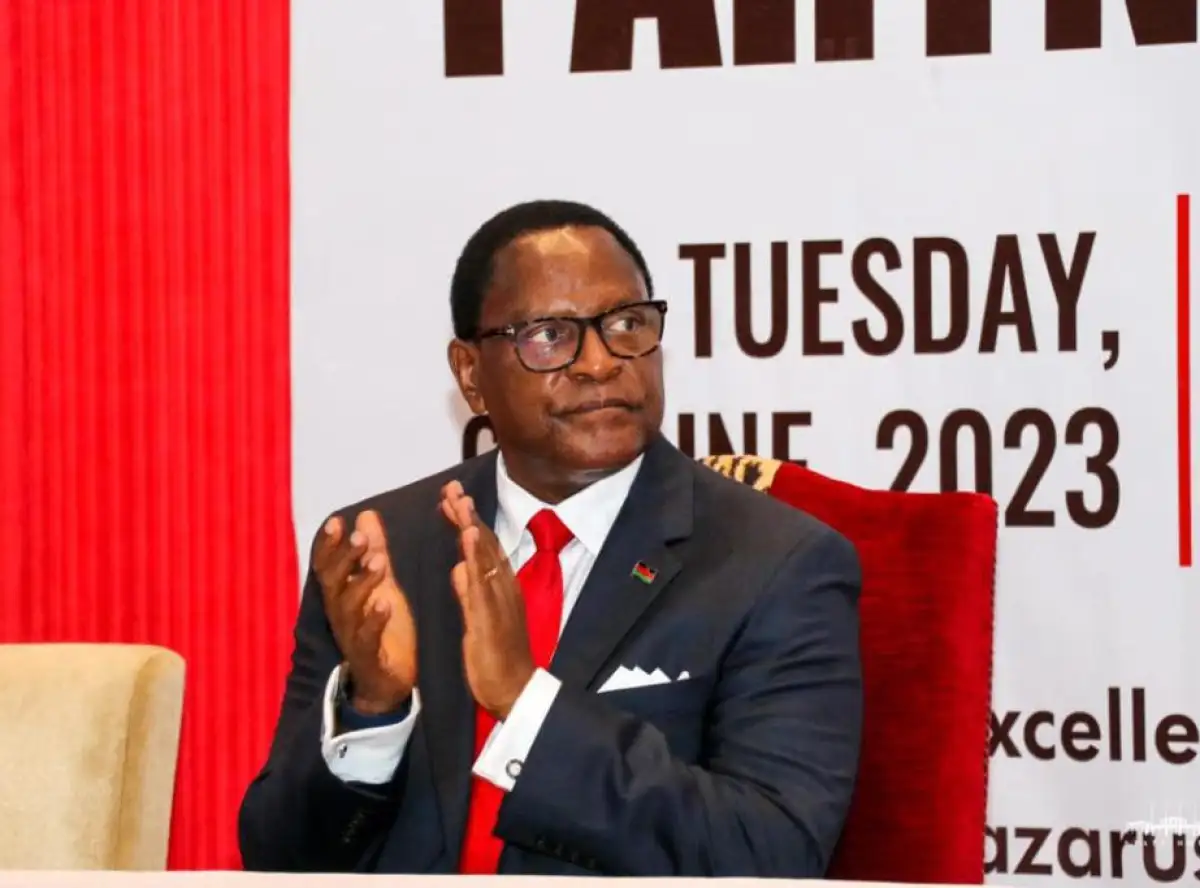



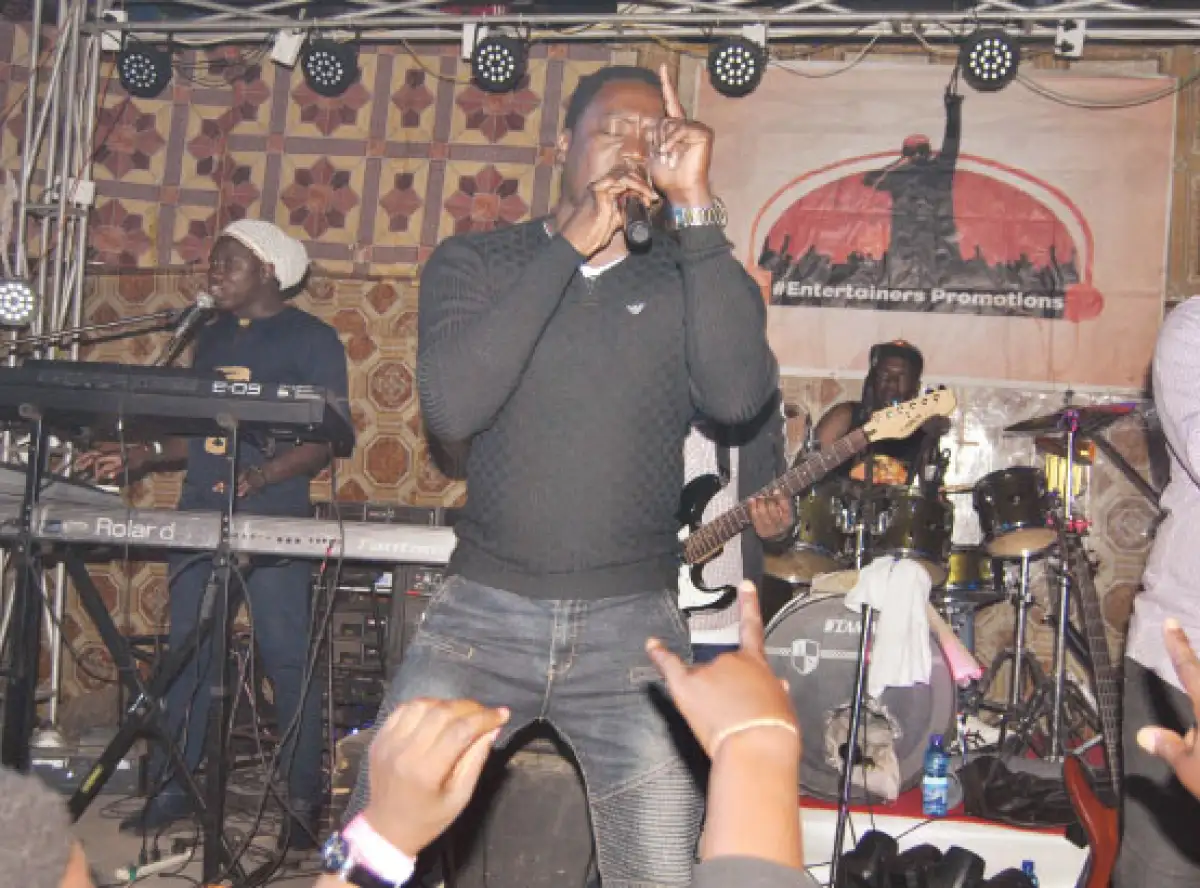
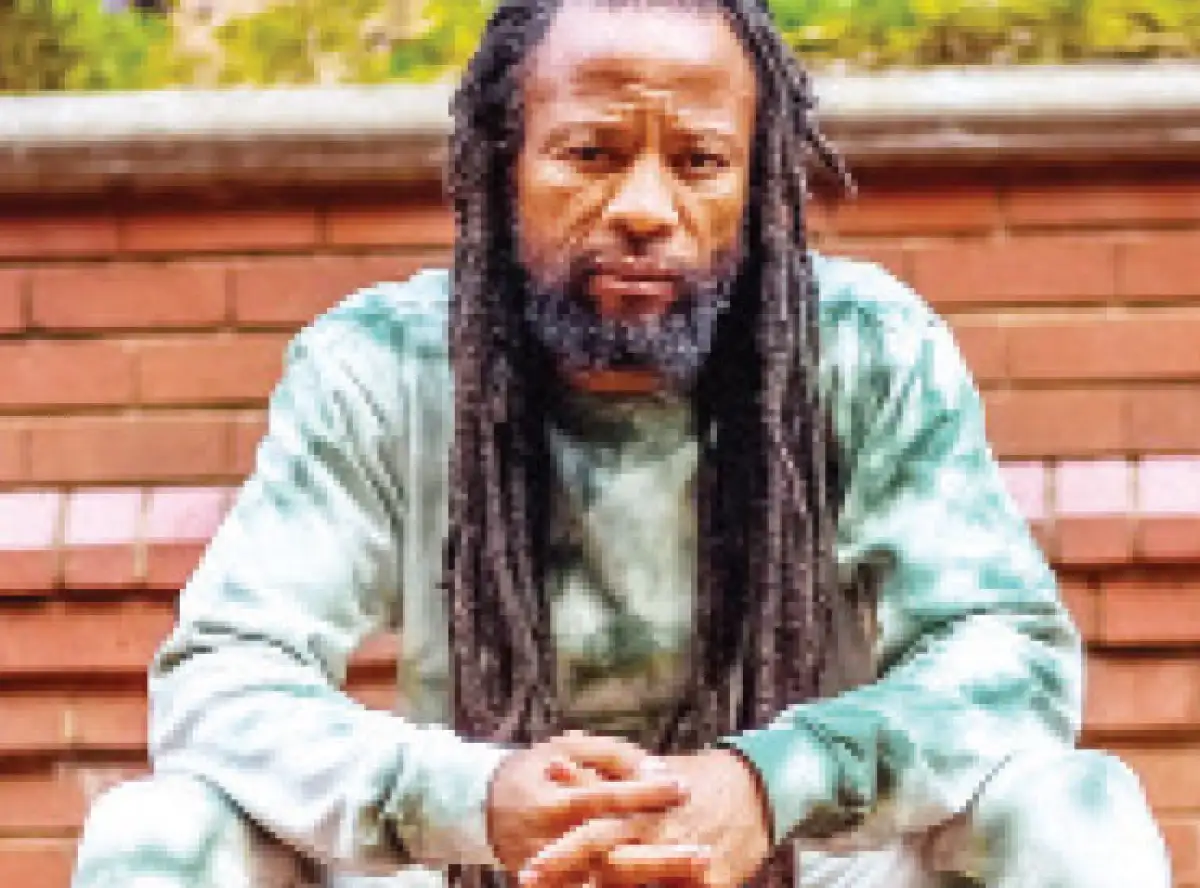
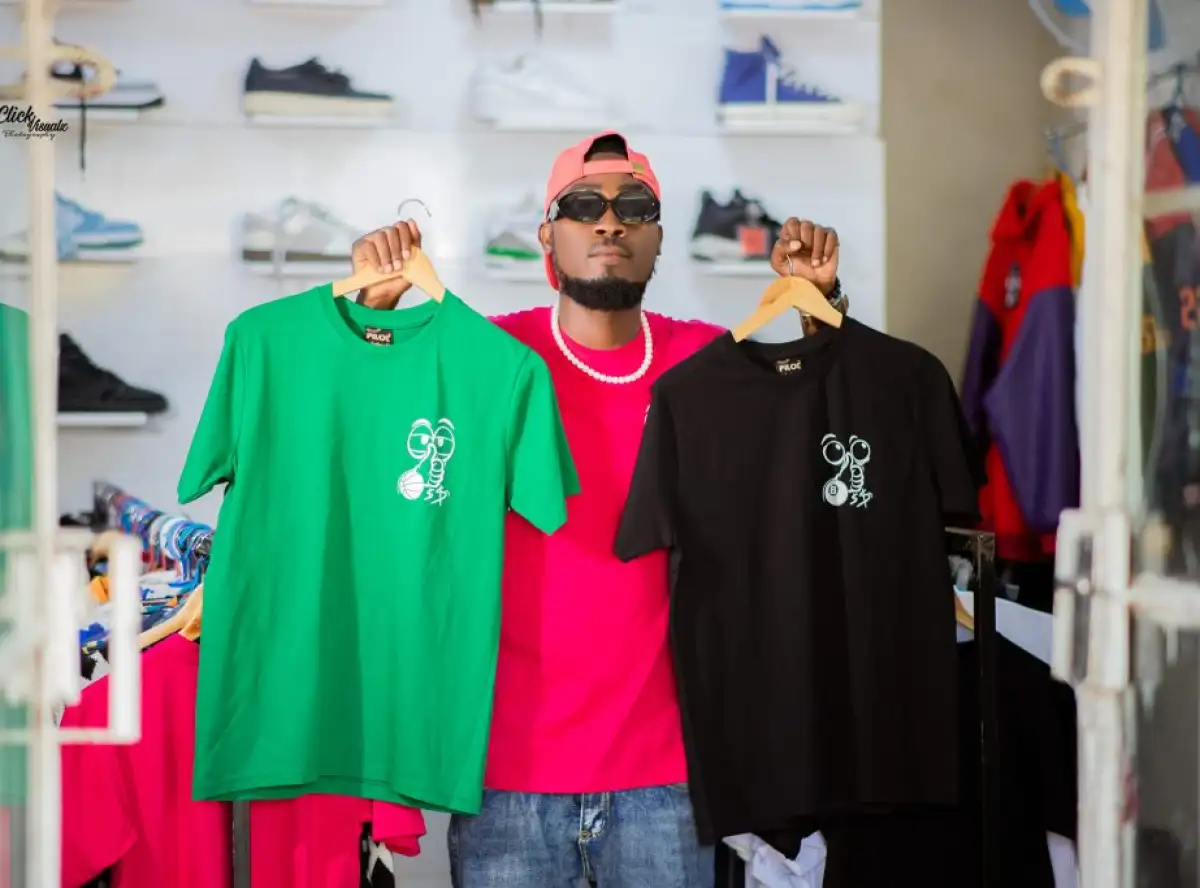
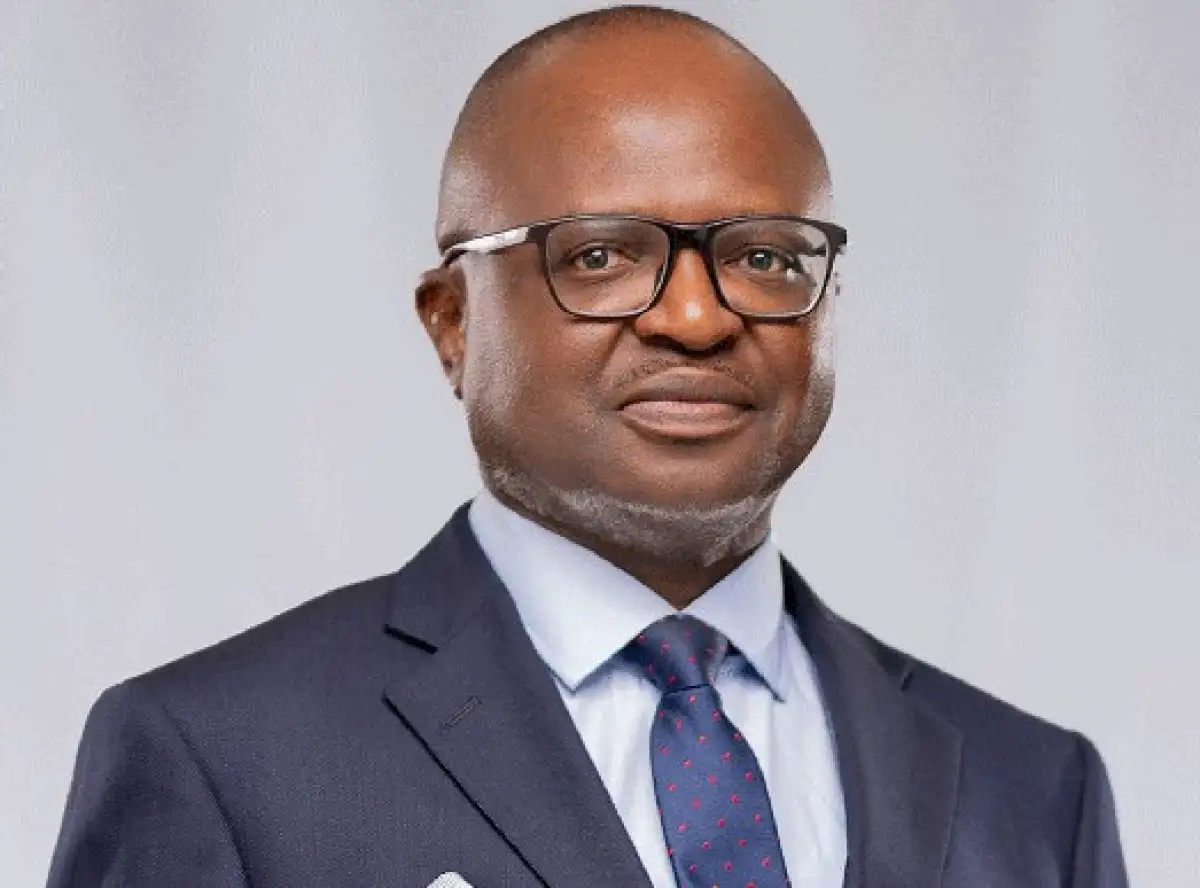









Comments (0)